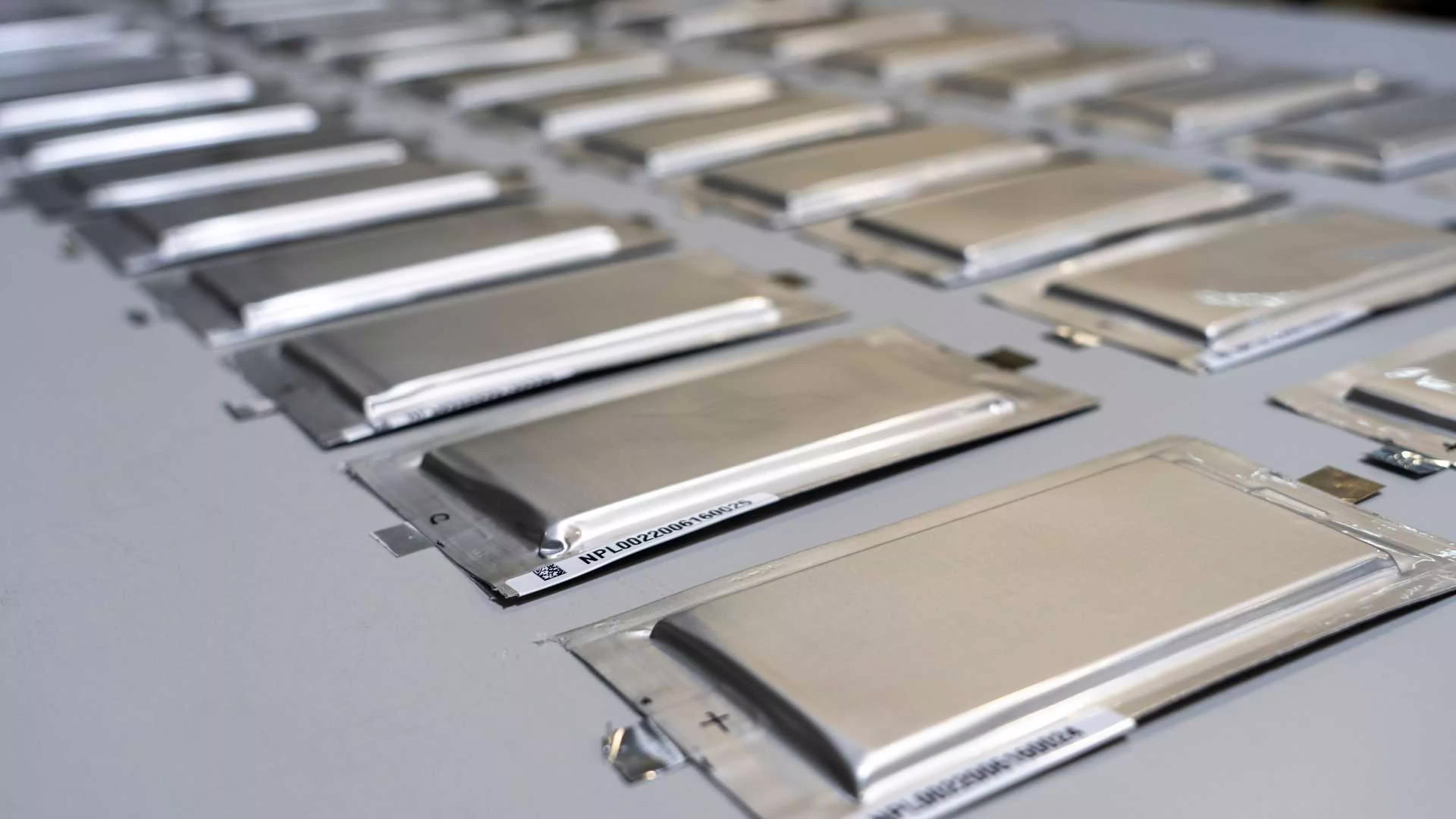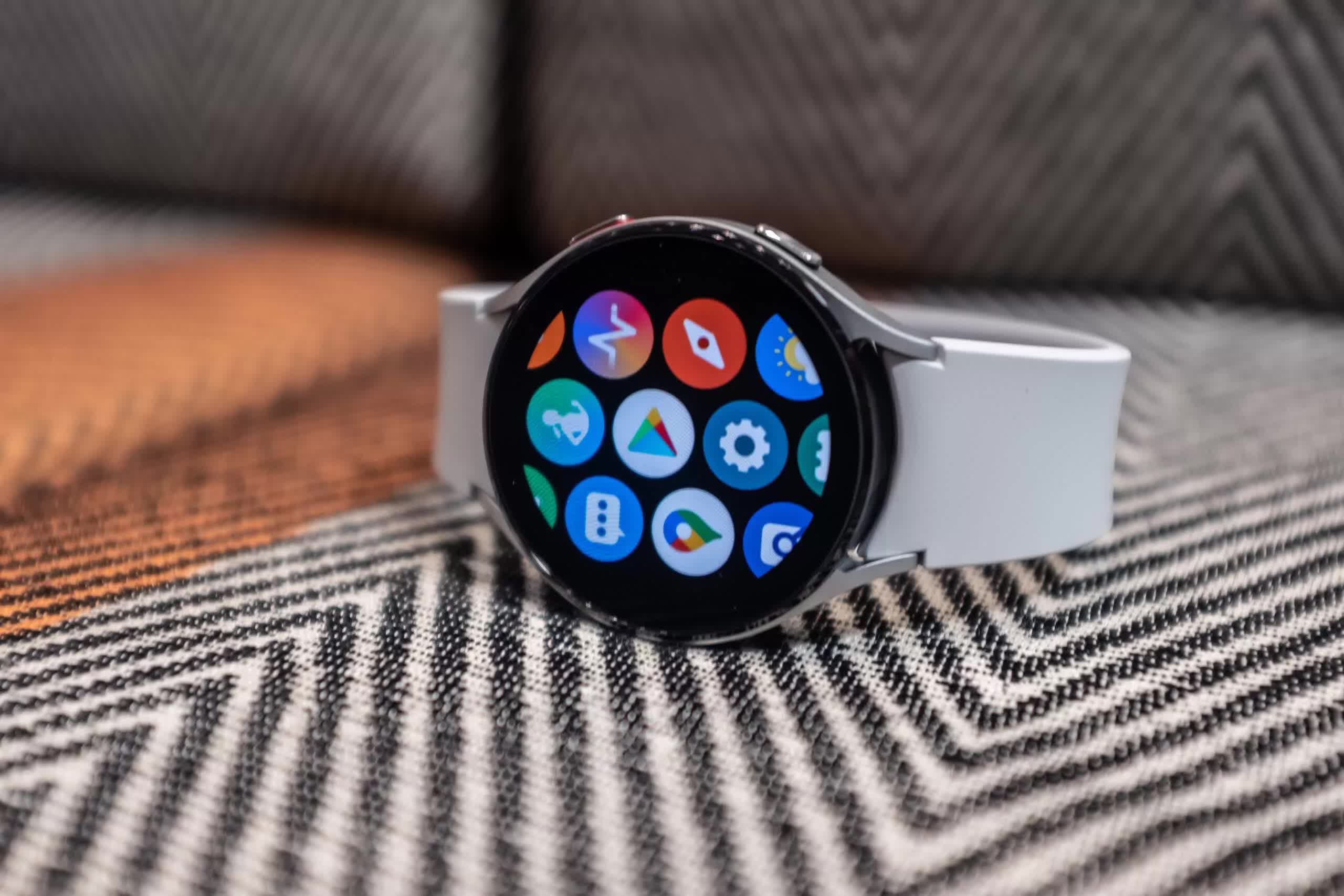In a nutshell: Samsung Electro-Mechanics has unveiled an oxide-based solid-state battery breakthrough for the wearables market. It's reportedly the world's first ultra-compact cell of its kind, optimized for devices like smartwatches, fitness trackers, and potentially even wireless earbuds.
Despite its tiny size, the battery manages to achieve a 200-watt-hour-per-liter energy density, which is comparable to that of larger, conventional lithium-ion batteries.
The real selling point, however, is the battery's design flexibility. Samsung claims it can produce the battery in virtually any size and shape, from just millimeters to centimeters in dimension, thanks to its expertise in multi-layer ceramic capacitor manufacturing techniques. This shouldn't come as a surprise, considering the project took over three years and involved 40+ patented innovations to commercialize.
The multi-layer manufacturing process involves an intricate layer-printing and stacking method that avoids the wrinkling and swelling issues commonly seen in traditional lithium-ion cells. The result is an ultra-dense, ultra-compact energy solution that can withstand countless charge cycles.

Coupled with the inherent advantages of solid-state technology, such as enhanced safety and shock resistance, Samsung's breakthrough could prove significant. Solid-state batteries also have a lower carbon footprint, making them more environmentally friendly, and they can operate across a wider temperature range.
Samsung aims to begin mass production in the first half of 2026, with plans to introduce this technology in its wearables, such as the Galaxy Ring, Galaxy Watch, and Galaxy Buds. According to a report from Business Korea, the company is already providing samples to potential customers and partners.
While solid-state batteries for electric vehicles and larger electronics are still years away from mainstream viability, the wearables segment could serve as an ideal proving ground.
In addition to wearables, Samsung is also set to commercialize solid-state batteries for EVs – an industry currently dominated by lithium-ion and lithium-iron phosphate. The company revealed the technology in August, touting an impressive energy density of around 500 Wh/kg, an incredibly fast full charge time of just nine minutes, and a lifespan of up to 20 years. Currently in pilot production and testing with a few automakers, these batteries could hit the market by 2027.
